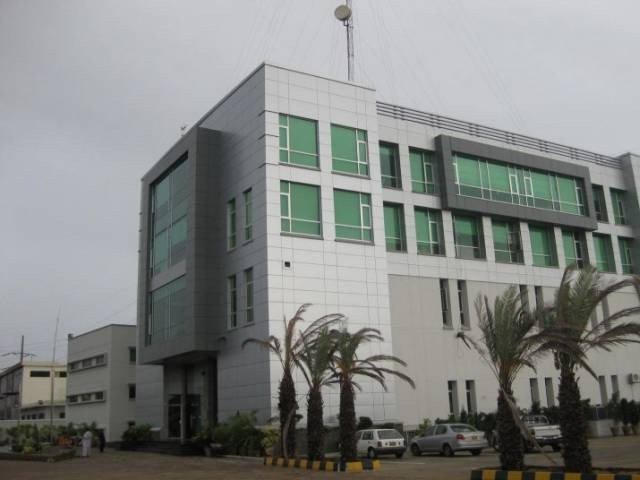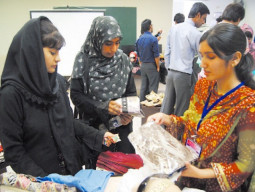
“This penalty has been imposed on K-Electric for non-compliance with performance standards, particularly failure to restore power supply within the prescribed time frame and to ensure the safety of public in Karachi,” Nepra said in a statement on Wednesday.
According to media reports, a large area of Karachi remained without electricity due to tripping of almost 700 feeders during rainy weather on June 28, 2017 and onwards, which resulted in a prolonged power outage ranging from 24 hours to 48 hours in almost 50% of Karachi. Furthermore, fatal injuries to the public were also reported due to electrocution.
Taking notice of that, Nepra directed K-Electric to immediately provide a detailed report on feeder tripping and electrocution incidents along with preventive and corrective steps taken by the power utility.
The report submitted by K-Electric revealed that almost 600 feeders on June 28, 2017 and 400 feeders on June 29, 2017 tripped for longer durations due to 30mm of rain.
In view of the poor state of affairs, Nepra decided to initiate legal proceedings and passed final order on October 30, 2018.
Nepra noted that Karachi suffered prolonged unscheduled electricity outages for more than 24 hours in different areas on June 28, 2017 and onwards. A weak and fragile distribution network was the major reason for such unscheduled power cuts which could not withstand a few millimetres of rain and the company failed to resume power supply within the prescribed time period, the regulator said.
It noted with concern that people were electrocuted and died due to poor maintenance of the distribution network. “This indicates that K-Electric’s network is full of safety hazards and there is no mechanism to develop safety culture and rectify safety hazards so that public lives can be saved during such emergency situations,” Nepra remarked.
Keeping in view the non-compliance with performance standards, Nepra decided to impose a fine of Rs2 million on K-Electric.
K-Electric’s views
Responding to the fine, K-Electric said “it is a law-abiding and responsible organisation which ensures compliance with all respective regulations and guidelines and is committed to providing sustainable power supply to its consumers.”
It emphasised that the power utility would approach the regulatory authority for a review of the decision.
Since 2009, K-Electric has invested over $2 billion to improve Karachi’s power infrastructure and enhance the quality of services for its customers. Major initiatives include exempting over 70% of Karachi from load-shedding including all industrial consumers and strategic installations.
Furthermore, transmission and distribution losses have been brought down from 36% to 20% along with addition of 1,057 megawatts to K-Electric’s own generation capacity.
In addition, through continued investments, the transmission and distribution capacity has been enhanced by around 29% and 63% respectively since 2009.
“All this has been achieved without distributing any dividends to shareholders from declared profits and, instead, routing these towards developing the infrastructure,” K-Electric said.
Furthermore, in order to meet growing power demand of the city, K-Electric said it had planned investments across the value chain. Ongoing projects include $450 million TP-1,000 transmission project, which will add over 1,000 MVAs to the transmission system.\
ECC directs Privatisation Commission to settle K-Electric sale issue
The power utility pointed out that it was also working to diversify its fuel mix towards clean energy and in that regard, two 25-year EPAs with IPPs had already been signed which would add 100MW of renewable energy to K-Electric’s system by 2019.
Additionally, K-Electric is evaluating another 250MW of renewable energy projects to further increase the share of renewable energy based on solar, wind and biogas in its system.
Published in The Express Tribune, November 1st, 2018.
Like Business on Facebook, follow @TribuneBiz on Twitter to stay informed and join in the conversation.

















COMMENTS
Comments are moderated and generally will be posted if they are on-topic and not abusive.
For more information, please see our Comments FAQ